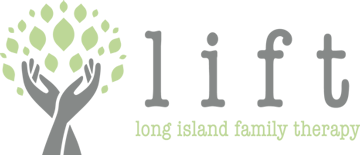4
Jun
2020
2020
Anti-Racist Resources and Reading Lists for All Ages
by Dr. Deena Abbe, Ph.D.
I reached out to a friend of mine, another psychologist in New York State, because I felt helpless. I told her how I was hurt, angry, sad. I told her how I felt impotent, as a white woman. I might have a platform, I might see things through a lens of privilege, but that’s not enough. And it’s not an excuse to just sit in these feelings. I wanted to DO SOMETHING. She listened, and heard me. And suggested I reach out to others within a more minority community and ask them what I can do to help.
So I did. And they listened. And they heard me. And it’s not anyone’s responsibility to help me right now, in this time, with my feelings. Especially when they are in the center of the crisis. I need to continue to reach out, and I need to continue to help on my own.
In searching for ways to help, I came across a blog post, from another white woman. She too, felt hurt, and angry, and sad. And she too felt impotent as a white woman. But she remembered that we all have super-powers. And hers was being a librarian. So she culled through all of her books, and with other librarians, made a list of books to help children, young adults, and parents, understand this world of hurt, anger, and sadness. The books she found will help teach children what racism is, and how to stop it. They will teach parents, of privilege especially, how to explain these anger and hurt feelings and actions. And how to raise Anti-Racist children.
I don’t have librarian super-powers. But I have others. I can spread this information around. I can be a bull horn for those who need their voices amplified. I can help be a bridge to explain, at least to my corner of the world, these hurt and angry feelings and actions; and how to help: how to help our children, our society, our government. How to help our neighbors, our families, and our friends.
So I’m going to use my super power to share this information. And to teach it to anyone who will listen.
Anti-Racist Resources and Reading Lists for All Ages

